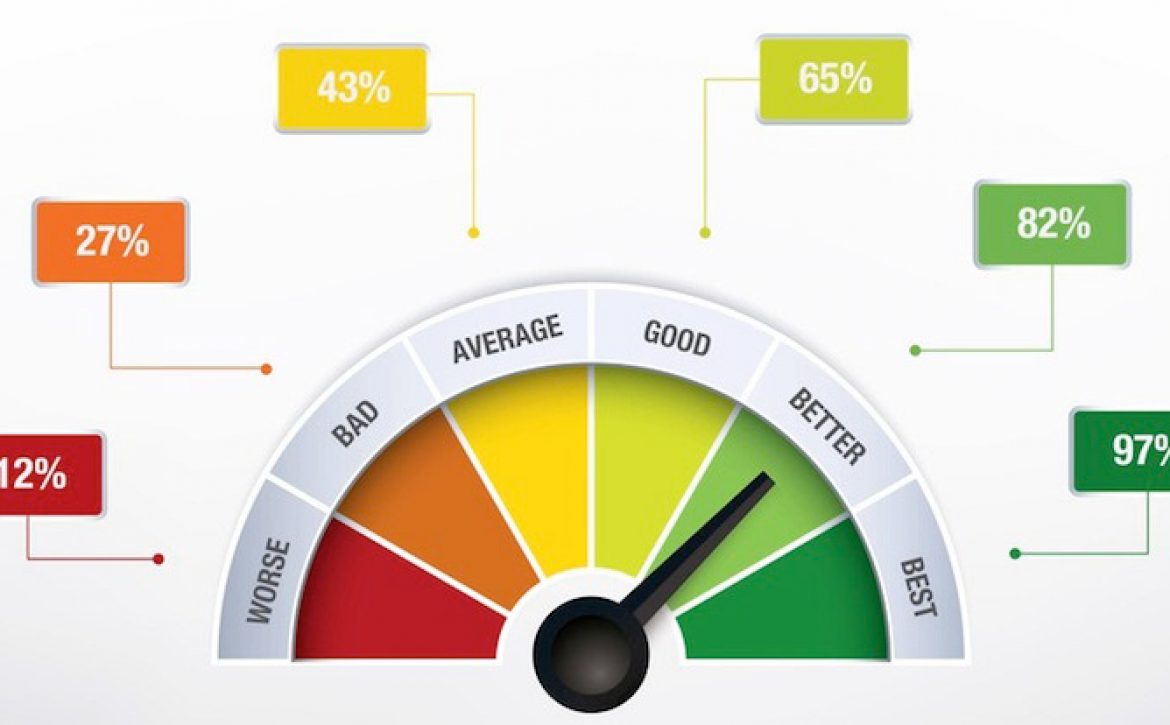Eight Creative Tips to Improve Your Blog Writing Strategy
Creative Tips to Improve Your Blog Writing
If you’ve followed any of the updates from Google over the past year or so, you know all too well that one of the most important things you can do to help your site rank well is to focus on quality content. High quality content is essentially the lifeblood of every site, and if you don’t have a steady flow of it, your rankings will soon start to suffer.
The problem is, it can become difficult to come up with fresh and interesting ideas to write about week in and week out, especially if you have a fairly narrow niche that you are focused on. Review the following ten tips to help product creative posts for your blog on a regular basis.
Tip #1 – Top 10 Lists
If you’re reading this, you’ve proven this point already. People love top X lists, and they make great posts for just about any type of site. If you’re worried about coming up with ten points to make, remember that it doesn’t always have to be 10. You can come up with a list of 3, 5, 8, 11, almost any number will work well.
Top 5 and top 10 are fairly standard options, so you might want to start with those. Some people, however, think that going with an unusual number actually gets more attention. For example, going with ‘9 Great Tips for X’ may perform better than ’10 Great tips for X.’ To my knowledge, I don’t think anyone has done a case study on this. Give it a try on your website and see what works best for you.
Tip #2 – Publish Studies
People love learning more about topics that they are interested in, and studies are always an attractive read. The big thing to remember here is that you don’t have to be a Harvard professor to complete a study. Anytime you are doing your own market testing or research, you’re technically doing your own study.
Using the example from the previous tip, you could test different tops of “top X” lists and see which ones perform best for you. Once you have gathered all the data, post about the results. People will appreciate the work you did, and may be able to learn a lot from it. Just make sure you are honest about how you did the study, and make sure it is relevant to your target audience.
Tip #3 – Write like You Talk
One of the hardest things for many writers to do is start breaking some of the grammar rules that they’ve worked so hard to learn. While grammar is certainly essential in most cases, you can also cut loose every once in a while and write a more causal post that sounds much more conversational.
Using common phrases like, “You’ve gotta hear about what happened next.” Or, “keep reading, you’re gonna love it.” Can help to spice up your page. Some people will say that search engines only want perfect grammar, but there is really no evidence to support this. Search engines want engaging content that readers benefit from, and in many cases, a casual article is just the thing. There have been some important studies and other research that has gone into this, and writing in a more casual way is definitely a good idea, at least some of the time.
Tip #4 – Follow the News
For most niches, one of the best ways to come up with new things to write about is to follow the news. You can sign up for alerts whenever a new story is published about your niche, and then write a post about it. Whether it is something simple like a new CEO for a company in your niche, or it is something slightly off-topic like a celebrity being seen with your product. News stories are always a great addition to any site.
Tip #5 – Shake up the Length
One of the most commonly cited blog writing tips around is that good blogs should be 500-1000 words long. There are all types of reasons given for this ranging from this is the ideal length for holding the reader’s attention to people thinking that it is best for SEO. The reality is, however, that the length of your post really doesn’t matter.
Your focus should be on providing the best possible post that you can. Sometimes that will take 200 words, sometimes it will take 2000. You should never concern yourself with word count, but just make sure you get all the necessary information into each post no matter how long it takes.
Tip #6 – Get Off-Topic
Another major mistake site owners make is always having every single article they post on one specific topic. If you have a site about cookie recipes with caramel in them, for example, you may be tempted to only write about this very narrow concept.
While you certainly do want to focus on this more than anything else, it doesn’t hurt to talk about loosely related things as well. For example, you could post about an amazing brownie you had at a party, or post about how caramel is made. As long as the topics are in some way related to your main niche, people will appreciate the change of tune every once in a while.
Tip #7 – Do Keyword Research (But Ignore the Numbers)
If you’re looking for a really great way to quickly come up with dozens of good ideas to write about, start doing some keyword research. While typically thought of as an SEO strategy, keyword research tools are great way to quickly generate lots of ideas. It doesn’t really matter if the keyword is popular or not, your goal should be to write a quality post that your readers will enjoy. The SEO research isn’t about numbers, it is about ideas!
Tip #8 – Interviews Rock!
If you’re really stuck on an idea, consider reaching out to others for help. The best way to do this is to ask others in the industry, or in a related industry, if they would be willing to do an interview for you. Written interviews are typically easy to perform, and many people will be happy to complete them in exchange for little more than the free publicity they will get.
Come up with a few dozen questions that you can ask people, and choose the best ones for each interviewee. There are many resources out there to help you come up with the right questions so you can really interview like a professional. When ready, send out interview requests to everyone you can think of that is in your niche, in a related niche, or uses products from your niche. As people begin to respond, you’ll find that you have a good supply of ready-made posts for your site!
Bonus Tip: QUALITY QUALITY QUALITY!
To wrap this up, let me just reiterate the fact that no matter which of these tips you use, the most important thing is that you do it with quality in mind. Quality doesn’t always mean perfect spelling and grammar (though that is typically a part of it). Quality means only posting things that people will actually want to read. This is how you will build your audience over time, and more importantly, build a solid relationship with that audience, which is really the true point of any website.
If you are still having trouble coming up with great ideas for your blog, consider contacting us for help. We have seasoned writers on staff who would be happy to create custom content specifically for you. This content will be interesting, engaging and optimized so the search engines will love it. We will work with you to determine the type of content, and what type of goals you want it to accomplish. Your satisfaction is guaranteed.









